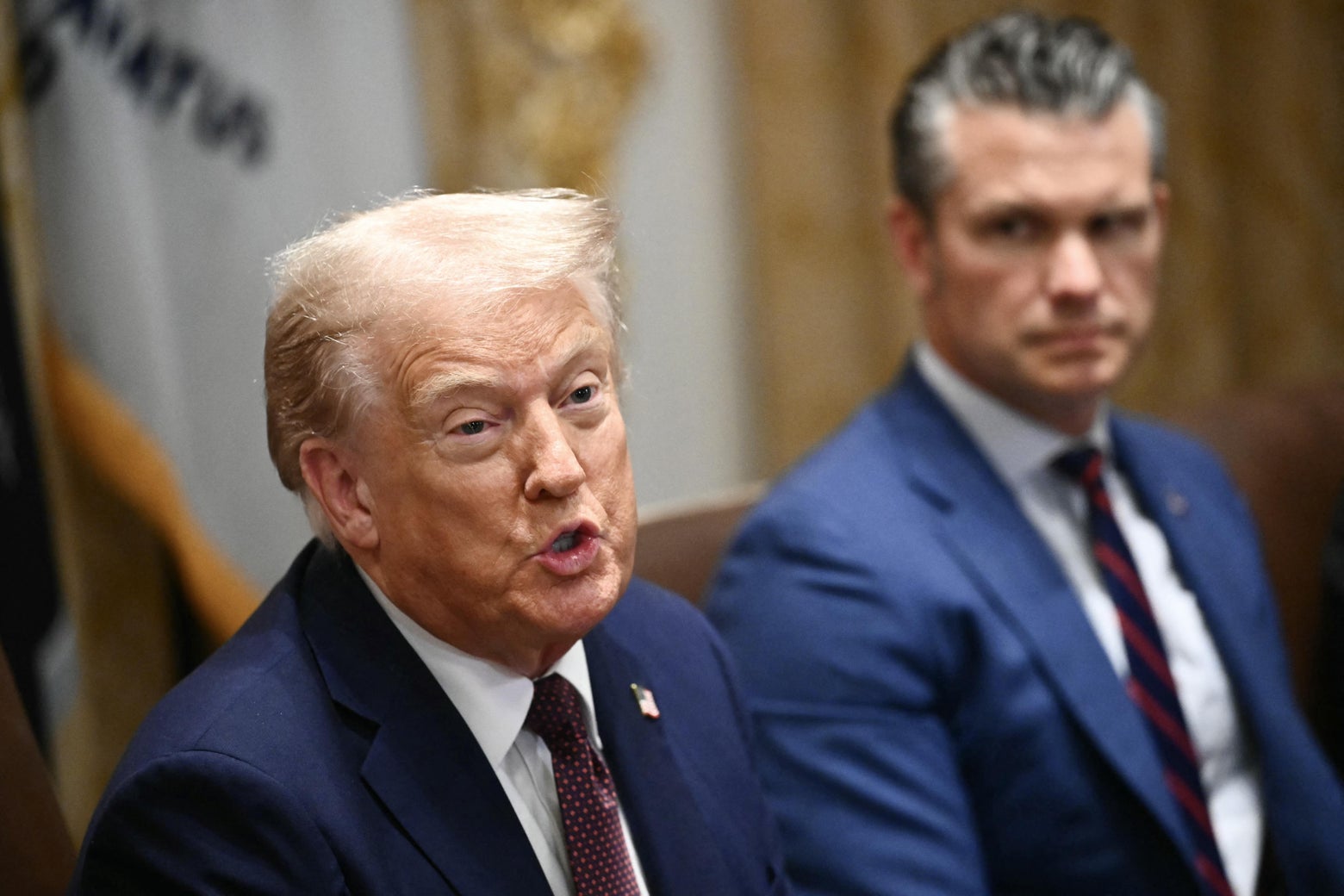
"The first thing to say about President Donald Trump's executive order changing the name of the "Department of Defense" to the "Department of War" is that it's purely performative and won't change a thing, except maybe the clench of Pete Hegseth's jaw. (When Trump announced the new name, the former Fox News host and National Guard major tweeted it in exuberant all-caps.)"
"It doesn't mean the shift isn't troubling. It reflects a shallowly provocative attitude toward world politics ( shallow or provocative would be bad enough, but shallowly provocative is dangerous). It is puzzlingly out of step with Trump's own efforts to tout himself as a peacemaker. And in his professed aim to restore America's mighty stature, Trump completely misreads history. Let's first deal with the history."
"Trump first dropped hints of a name change at the Pentagon last month, telling reporters that when "we won World War I, World War II, it was called the Department of War. ... We had an unbelievable history of victory when it was Department of War. Then we changed it to Department of Defense. ... We're going to have to go back." Besides, he added, it sounds "like a better name.""
President Trump's executive order renaming the Department of Defense as the Department of War is purely performative and will not change policy, though it may inflame partisan reactions. The change reflects a shallowly provocative attitude toward world politics and contradicts his professed peacemaker image. Trump linked past military victories to the older "Department of War" name, implying a name-driven causality. The U.S. military has conducted offensive operations continuously since World War II. The original Department of War, created in 1789, lost the Navy to a separate department in 1798, and the Air Force later separated.
Read at Slate Magazine
Unable to calculate read time
Collection
[
|
...
]